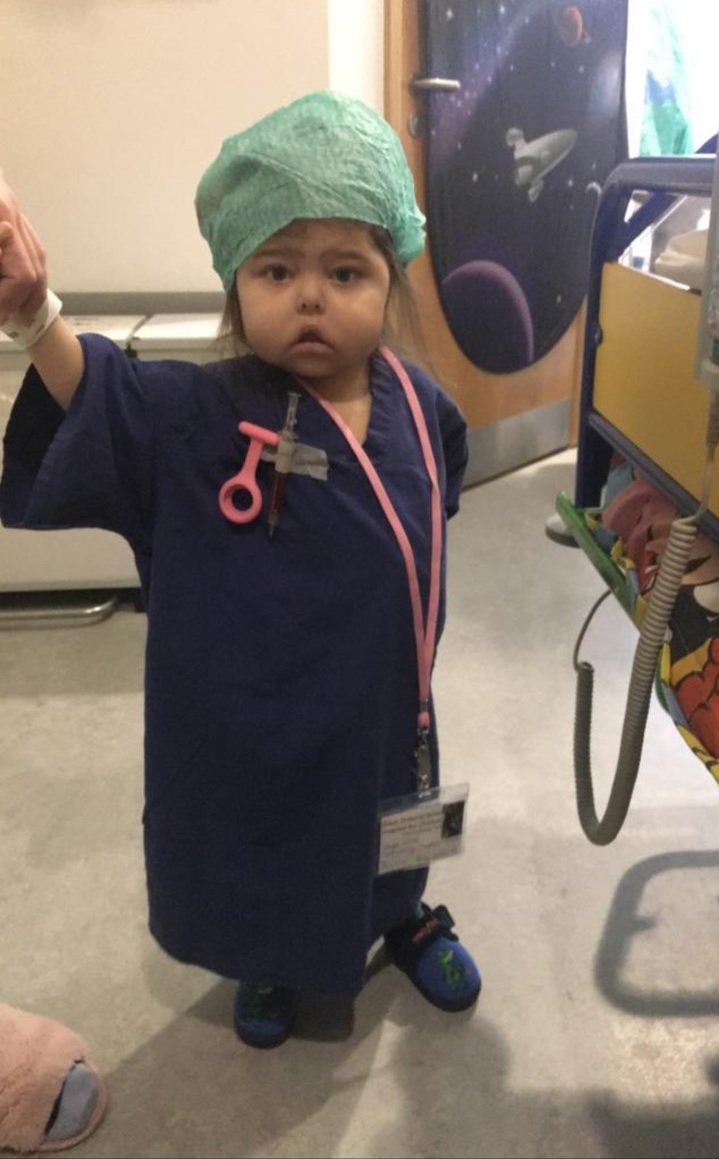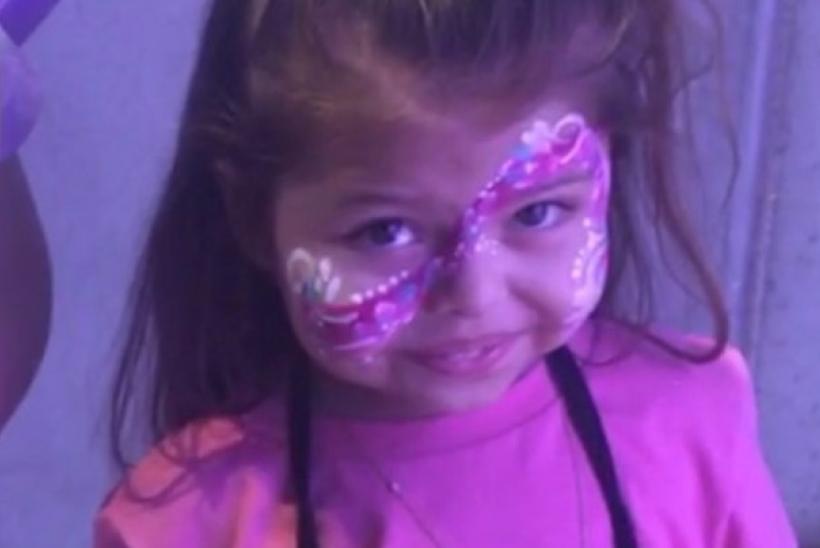Delivering kidney transplants for children during the pandemic
During the COVID-19 pandemic, many of our teams have had to adapt the way they work to keep delivering vital services for sick children against difficult circumstances.
The same was true for our kidney transplant team, but despite the challenges they faced, they performed their highest number of kidney transplants ever in the last academic year.
Impact of COVID-19 on the transplant service
GOSH is the largest centre for paediatric kidney transplantation in the country and the team worked tirelessly to be able to continue and deliver this essential service for children and young people during the pandemic.
The service was briefly paused in March 2020 after staff were redeployed due to COVID-19 and also because of concerns over COVID-19 infection to children who had a weakened immune system and are particularly vulnerable to infection.
Resuming the service
When transplant surgeries resumed three months later, many of the transplant team had been deployed to other parts of the hospital or to intensive care services in different hospitals to help the system cope with the huge number of adult COVID patients.
However, the service was able to resume because the team set up a special part of the hospital – dubbed the ‘green zone’ - where children coming in for their transplants would stay. In this area they were frequently tested for COVID-19 and nursing and doctor teams always started their ward rounds in the green zone to help prevent them bringing in anything infectious from patients in other parts of the hospital.
Thanks to these changes, the team performed 39 transplants in the last academic year, much higher than the average of 20-35 in previous years. Of these 39 transplants, 28 of the kidneys came from living - related or unrelated - donors.
The team were able to do more because of a backlog over the COVID-19 pandemic but also partially due to a change in the way deceased donors are allocated across the country which meant that some children were able to have a transplant sooner than in previous years.
At GOSH we are continuously working to improve the outcome for our patients so that they can live their lives to the full.
Carrying out kidney transplants in the pandemic was incredibly challenging for patients, families and our whole multi-disciplinary team but we are so pleased that were able to deliver above our usual service in such circumstances.
We have had a really high number of living donors this year, but we must also remember that in cases involving a deceased donor, sadly someone has died, and in some cases this will be another child, and we are always so thankful to families who make such a tough choice during a difficult time.
Stephen Marks, Professor of Paediatric Nephrology and Clinical Lead for renal transplantation
Bay's story
5-year-old Bay had a kidney transplant last year.
At one and a half years old she was diagnosed with severe irreversible kidney failure and required kidney replacement therapy with dialysis and a transplantation.
For transplants, close family members are usually the best chance of a match, however Jen, Bay’s mother, had already donated one of her kidneys to her mother (Bay’s maternal grandmother) who went into kidney failure in 2014.
I had gone through this with my mum and I couldn’t in my wildest dreams think my daughter would be in the same position.
Jen, Bay’s mum
Bay’s diagnosis was incredibly unexpected as there was no genetic link between Bay and her grandmother's kidney failure. This made Bay’s need for a transplant even more shocking. Thankfully Jen’s identical twin sister, Julie, was a good match for Bay.
I felt so grateful and privileged that my twin sister would do this for my child. As a DNA clone of each other, we knew she should be a match.
Jen

Bay at Great Ormond Street Hospital
Bay had her kidney transplant in August 2021, during the COVID-19 pandemic. In spite of rare complications that resulted in a prolonged hospital stay, Bay is now back at home and full of energy. She rides her scooter for hours, and loves to sing, dance and play football – all the things she had no energy to do before her transplant.
Bay asked to have a badge made that says ‘Kidney Receiver’. This acts as a talking point and opens conversations about organ donation and how life changing it is.
It has been a bitter sweet episode in the family. There were times it felt like it went horribly wrong, but the end result is phenomenal. Bay is thriving and it is the most wonderful thing.
We want to help people understand that there are so many people waiting for a kidney out there. If I had two, I'd consider donating to a stranger, and my sister said that too.
Jen
Leading research
In addition to being the largest centre for paediatric kidney transplantation in the UK, GOSH also lead on research projects in the field.
In collaboration with UCL Great Ormond Street Institute of Child Health, NIHR Great Ormond Street Hospital Biomedical Research Centre, as well as national and international studies, GOSH is at the forefront of investigating biomarkers in kidney transplantation. The team are trying to find evidence of transplant injury using biomarkers before it can be detected by routine tests. It is hoped that these biomarkers will enable earlier detection of transplant injury which could result in earlier treatment and improved outcomes for patients.
This year we are also celebrating ten years since the opening of the Morgan Stanley Clinical Building, part of the Mittal Children’s Medical Centre at GOSH. Since opening its doors ten years ago, these-state-of-the-art facilities – including the renal ward and some surgical theatres – have enabled our expert clinical staff to provide life-saving and life-changing care to seriously ill children from across the UK.
To learn more about organ donation visit NHS Blood and Transplant.

